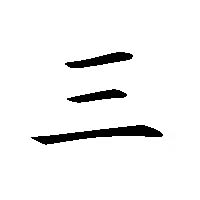One Hundred, 100 and Bai
Today, April turns to 100 days old. See how fast she grows

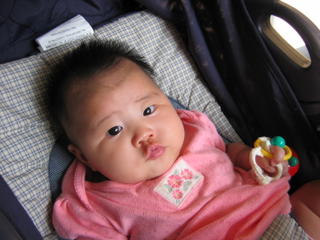
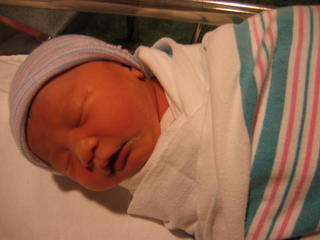

Here is the Chinese words for 100 days
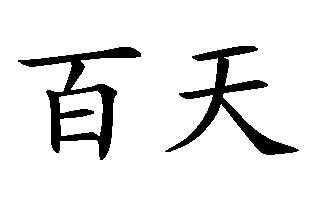
First one is the same as Baidu's first character; the second means day, Pronunciation: /tian/
Today, April turns to 100 days old. See how fast she grows





Tomorrow, Aug 11 2005, the 7th day of the 7th month in the Chinese lunar calendar, is the Chinese Valentine's Day or Girl's Day.
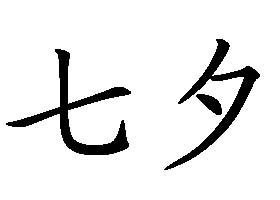
As I promised a couple of days ago, I am going to put number four to number ten on my blog. So here you go:


Once upon a time, there is a rich guy living in a village. Though he is rich, he does not know any word at all (i.e., illiteral). He does not want his son to be like him, so he hires a tutor, who can teach his son to read and write.
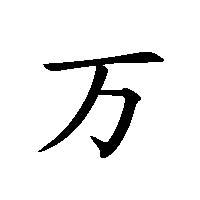
April, here is Mom's first post on your blog. I have so many feelings from the day you were born, but really don't know where to start. Hmm... let's talk about instinct first.
On Aug 4, Apil is going to be three months old. In Chinese, three not only means three, sometimes it means many also. A lot of Chinese idioms has the character "three". Like "one" and "two", "three" in Chinese has a very simple and straight forward form
